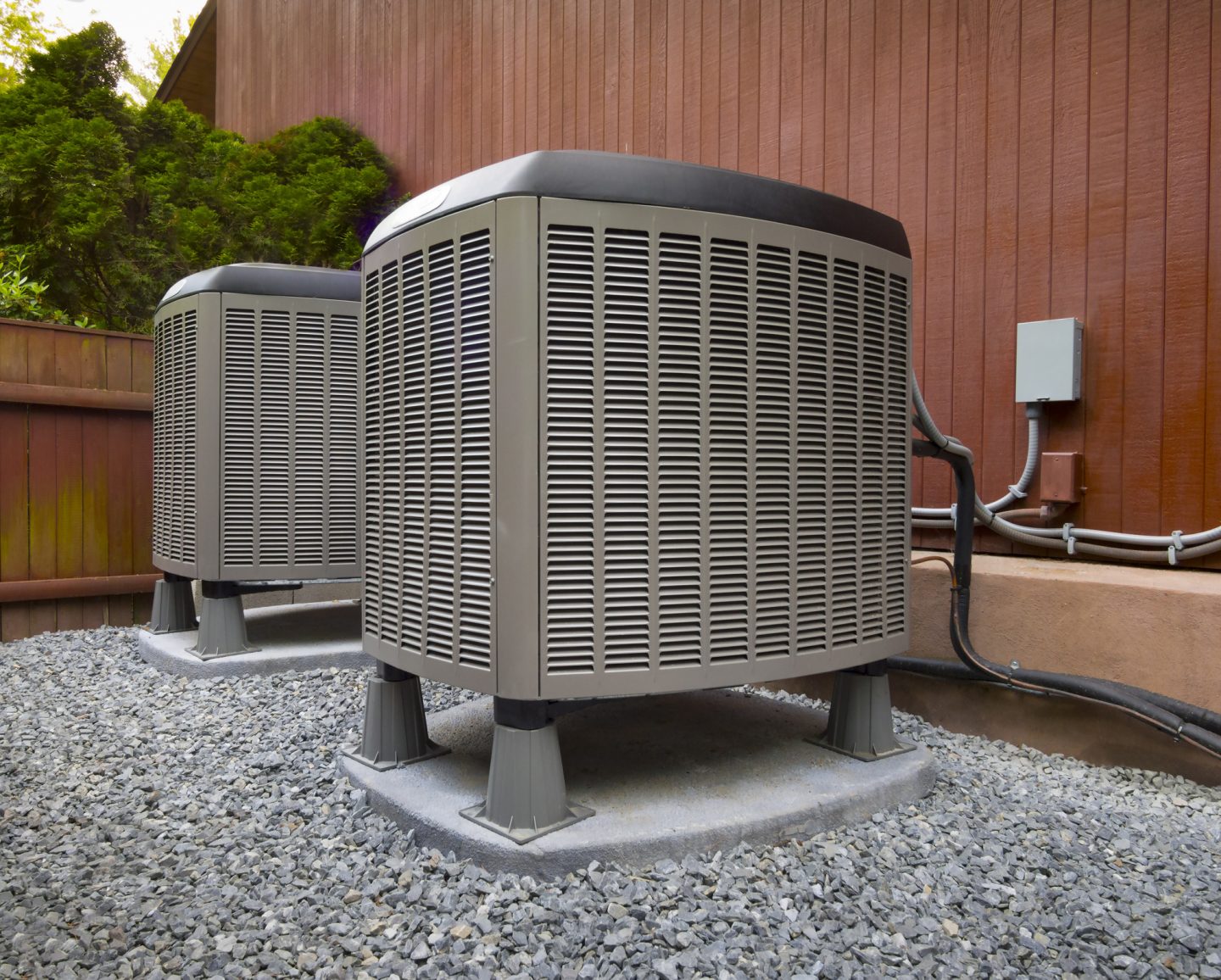
The HVAC system in your home plays a crucial role in maintaining air quality and regulating temperature, and one of the most important components of this system is the filter. But how often should you replace your HVAC filters to ensure optimal performance? Regularly replacing HVAC filters is essential for keeping your system efficient, reducing energy costs, and ensuring clean air for your family. In this blog post, we’ll cover the recommended frequency for changing HVAC filters, the factors that may affect replacement schedules, and why professional HVAC services, like those offered by Best Air Solutions in South Florida, are crucial for maintaining your system.
General Guidelines for Replacing HVAC Filters
While different HVAC systems and filter types may vary in terms of replacement needs, a common guideline is to replace your filter every 30-90 days. However, this range depends on various factors, such as the type of filter, usage, and environmental conditions.
- Basic Fiberglass Filters: These are the least expensive and least effective filters. They typically need to be replaced every 30 days because they don’t last as long or capture as many particles.
- Pleated Filters: A step up from basic filters, pleated ones can trap more dust and allergens and usually last up to 90 days.
- High-Efficiency Particulate Air (HEPA) Filters: These filters are more robust and can last up to 6 months, but they may also require professional cleaning or service to ensure proper airflow through the HVAC system.
Factors That Affect How Often You Should Replace Your HVAC Filter
While the guidelines above offer a general idea of when to change your filters, several factors may influence how frequently you need to do so:
1. Pet Ownership
If you have pets, you’ll likely need to replace your filters more frequently. Pet hair, dander, and fur can quickly clog filters, reducing airflow and causing your HVAC system to work harder. If you have multiple pets, consider changing the filter every 30-60 days.
2. Allergies or Respiratory Issues
If anyone in your household suffers from allergies or respiratory conditions, more frequent filter replacements can help maintain better indoor air quality. In such cases, you might want to change your filter every 30 days to ensure that allergens like pollen and dust are removed from the air.
3. High Usage
In Florida, where temperatures can soar during summer, your HVAC system is likely running constantly to keep your home cool. The more you use your system, the faster your filters will clog with dust and debris. In periods of high usage, check your filters monthly and replace them if they appear dirty or clogged.
4. Air Quality in Your Area
Your filters may clog faster than usual if you live in an area with poor outdoor air quality, such as near construction sites, highways, or industrial areas. Pollutants like dust, smoke, and chemicals can accumulate quickly, meaning you’ll need to replace your filters more frequently to avoid strain on the HVAC system. Similar to hiring a plumber, tackling certain intricate jobs requires specialized skill to prevent even more expensive problems down the line.
Signs It’s Time to Replace Your HVAC Filter
Even with the guidelines above, it’s a good idea to regularly inspect your HVAC filter. Some signs that your filter needs replacing include:
- Dust Buildup Around Vents: If you notice dust accumulating on or around your air vents, it’s likely that your filter is clogged.
- Increased Allergies: If you or your family are experiencing worsened allergy symptoms, it could be due to a dirty filter that’s circulating allergens. This guide provides more details on improving indoor air quality.
- Higher Energy Bills: A clogged filter causes your HVAC system to work harder, resulting in higher energy consumption and increased bills.
- Reduced Airflow: If you notice that your system isn’t cooling or heating as efficiently as it used to, a dirty filter might be to blame.
Benefits of Replacing HVAC Filters Regularly
Maintaining clean HVAC filters offers several benefits that go beyond just clean air:
- Energy Efficiency: A clean filter allows for proper airflow, reducing the strain on your HVAC system and helping it run more efficiently. This translates to lower energy bills.
- Extended System Lifespan: By reducing the workload on your HVAC system, regularly replacing filters can help prevent breakdowns and extend the lifespan of the system.
- Improved Air Quality: Clean filters trap dust, allergens, and other airborne particles, improving the overall air quality in your home and reducing the risk of respiratory problems.
For more information on maintaining HVAC filters, check out this detailed guide on air filters.
Best Air Solutions For Your HVAC Needs
While changing your HVAC filters is something you can do on your own, keeping your entire system in top condition requires professional attention. A licensed HVAC technician can provide routine maintenance, clean ductwork, and inspect the system for issues beyond just the filter. At Best Air Solutions, we offer comprehensive HVAC maintenance to ensure your system is running efficiently and effectively. Our team of professionals serves South Florida, and can help you with filter replacements, system diagnostics, and repairs to keep your HVAC in peak condition
